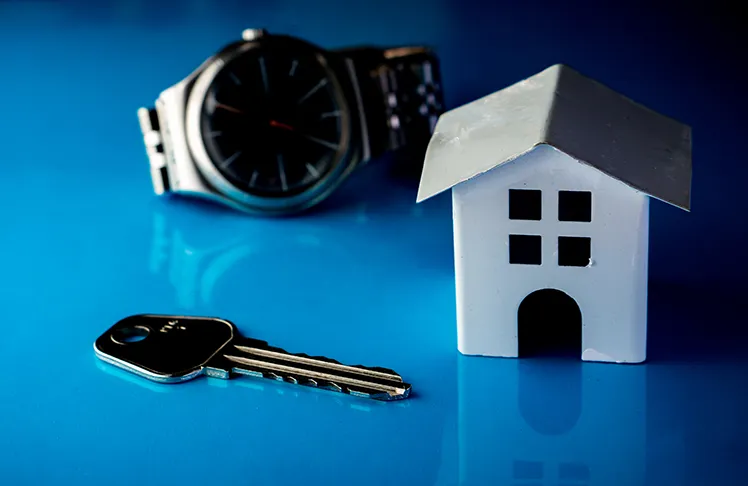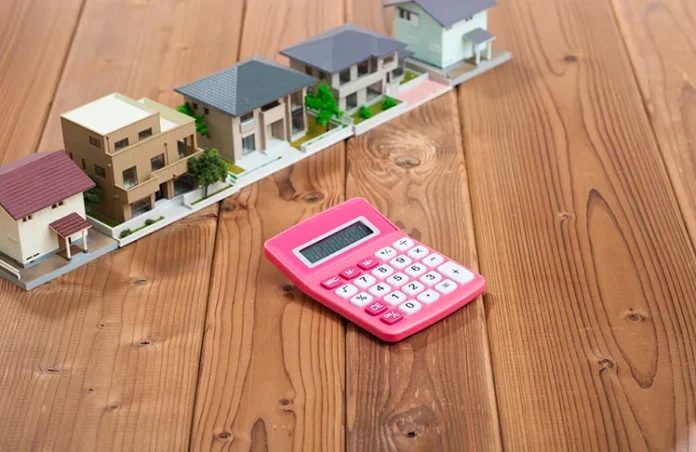Finances FYI Presented by JPMorgan Chase
Homeownership can look intimidating.
In an age when many adults believe they’ll never be able to buy a house, it’s easy to assume that you can’t afford to move from renting to owning. While it may take work, strategy, and the proper guidance, ownership isn’t always as far away as you may think.
Here’s your guide to the expenses you’ll need to consider — and how to tackle them — if you’re thinking about buying your first property.
Consider Upfront Costs
When you think about buying a home, don’t skip ahead to calculating the monthly mortgage payment — there are a number of expenses you’ll have to cover before you even touch your loan.
Keep these significant costs in mind if you plan to financially prepare to buy a house:
- Closing costs – This sum, which you’ll pay when you close on your new home, may cover everything from lender, government, and appraisal fees to homeowners or title insurance. Your closing costs will generally be 2-5% of your home’s cost. While you shouldn’t count on the possibility, you may be able to ask the seller to contribute to closing costs.
- Down payment – This cost — a percentage of your home’s total price that you’ll put down upfront — will ultimately depend on your loan. Some loans require only 3% or 3.5%, though the average down payment is about 6%. While it’s not possible for many people, experts still recommend a 20% down payment, which will help you avoid paying for private mortgage insurance (an extra cost that ensures your lender is covered if you default on your loan).
- Savings – Before you jump into purchasing your first home, you should make sure you’ve got plenty of emergency savings. New costs will hit you within the first year of homeownership, whether foreseeable expenses — like property taxes, HOA fees, or new utilities — or emergency repairs in the home. Experts recommend having three to six months’ worth of expenses — or 1-3% of your home’s worth — in an emergency home fund.
Get Financially Healthy
As you prepare to kick off the homebuying process for the first time, you’ll want to make sure your accounts are in order.
There are a few important numbers your lender will consider as they evaluate your financial fitness and ability to make your mortgage payments:
- DTI – Your debt-to-income ratio, or DTI, shows your lender how much of your monthly income goes toward paying down debt and indicates how much remaining capacity you have to pay toward your loan. Experts recommend a DTI of less than 28% on housing and 8% or less on other debt. You can start addressing a high DTI by paying off credit card balances and loans.
- Credit score – Your credit score will help indicate your trustworthiness in making payments on time. A 620 score is the minimum for approval on many types of loans, though the higher your score, the better. You can find your credit score from your credit card provider and request credit reports from the three major credit bureaus. Always dispute anything that’s incorrect on your credit report. You can build your score if you make payments on time, avoid opening new accounts or making big purchases, and pay down debt.
As you straighten out your finances and prepare to buy, ensure you’re not making other major financial decisions. For the sake of your lender’s approval and your financial stability, avoid switching jobs, making a big car, boat, or furniture purchase, co-signing on someone else’s loan, and maxing out a credit card.

Know What You Can Afford
Determining your housing budget goes beyond looking at your pre-approved loan figure — you’ll need to take steps to make sure you’re not getting in over your head on your monthly payment:
- Do your own research. A lender will base your loan approval on what you can afford with your gross monthly income, not your after-tax, post-401k contribution, take-home salary. Don’t plan around the loan you’re approved for — do your budgeting to determine the monthly payment you could comfortably make on top of existing expenses and new-to-you expenses (from home insurance to yearly property taxes).
- Use a mortgage calculator. This tool, available from all types of loans and financial institutions, allows you to input your specific financial information to project your monthly payments.
- Find a lender. Start talking with a trusted lender before you’re 100% ready to buy. While a mortgage calculator and a budget are great tools for determining affordability, a lender can help you make strategic financial moves that will help you get your money in order, get approved, and buy a house you can actually pay for.
Buying your first home is a big step, but with the right planning and forethought, it doesn’t have to be overwhelming.
Finances FYI is presented by JPMorgan Chase. JPMorgan Chase is making a $30 billion commitment over the next five years to address some of the largest drivers of the racial wealth divide.
























